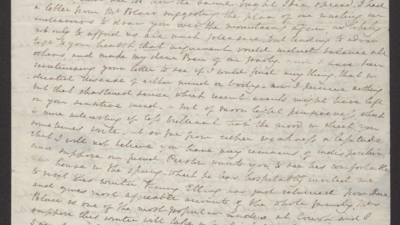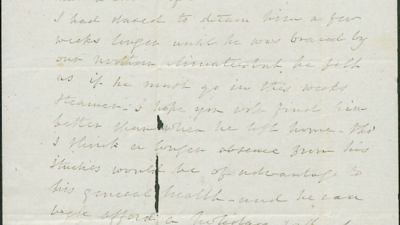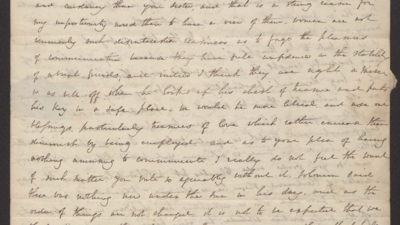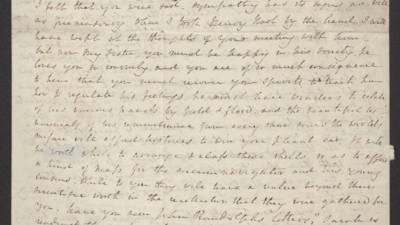Program for the Dedication of the William J. Clinton Presidential Center
Title
Date
Contributor
Summary
This document is the official program booklet for the dedication of the William J. Clinton Presidential Center on November 18, 2004. It outlines the full ceremony, including musical performances, remarks from various prominent figures such as former U.S. Presidents Bill Clinton, George H.W. Bush, and Jimmy Carter, as well as First Ladies Hillary Rodham Clinton, Laura Bush, Barbara Bush, and Rosalynn Carter. The program details the order of events, from fanfares and announcements to a presentation of the key to the library. Additionally, it features an extensive list of individuals and organizations who supported the dedication, acknowledging their contributions. Brief biographies of many participants, performers, and speakers are provided, often highlighting their connections to the Clinton administration's initiatives or personal interactions with President Clinton. The document concludes by listing the Board of Directors of the William J. Clinton Foundation.
More Sources Like This
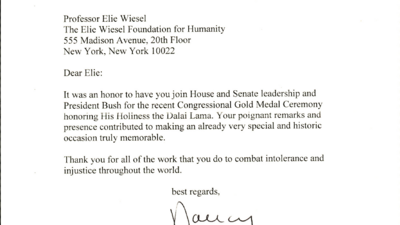
This is a letter dated October 17, 2007, from Nancy Pelosi, Speaker of the House, to Professor Elie Wiesel. Pelosi expresses gratitude to Wiesel for his participation in the Congressional Gold Medal Ceremony honoring His Holiness the Dalai Lama, noting that his presence and remarks made the occasion memorable. She also thanks him for his ongoing work to combat intolerance and injustice worldwide.
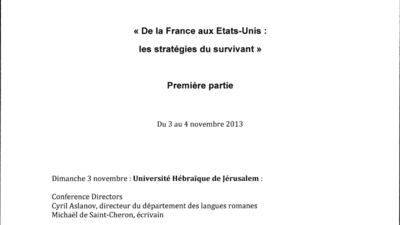
This document is a two-day program (November 3-4, 2013) for a conference titled "Projet Colloque Elie WIESEL: 'De la France aux Etats-Unis: les stratégies du survivant'". The event was held at the Hebrew University of Jerusalem and focused on the work of Elie Wiesel. The program lists Cyril Aslanov and Michaël de Saint-Cheron as conference directors, and details the schedule of sessions, including chairs and speakers. Presentations cover various aspects of Wiesel's oeuvre, such as translation of "Un di velt hot geshvign" to "La Nuit", biblical and Hasidic celebration, his dialogue with Mauriac and Lustiger, the question of Christianizing the Holocaust, "Les juifs du silence", and the function of insanity in his novels. Contributors include academics from institutions like Bar Ilan, Trinity University, Paris 7 – D. Diderot, and Universität Basel.
